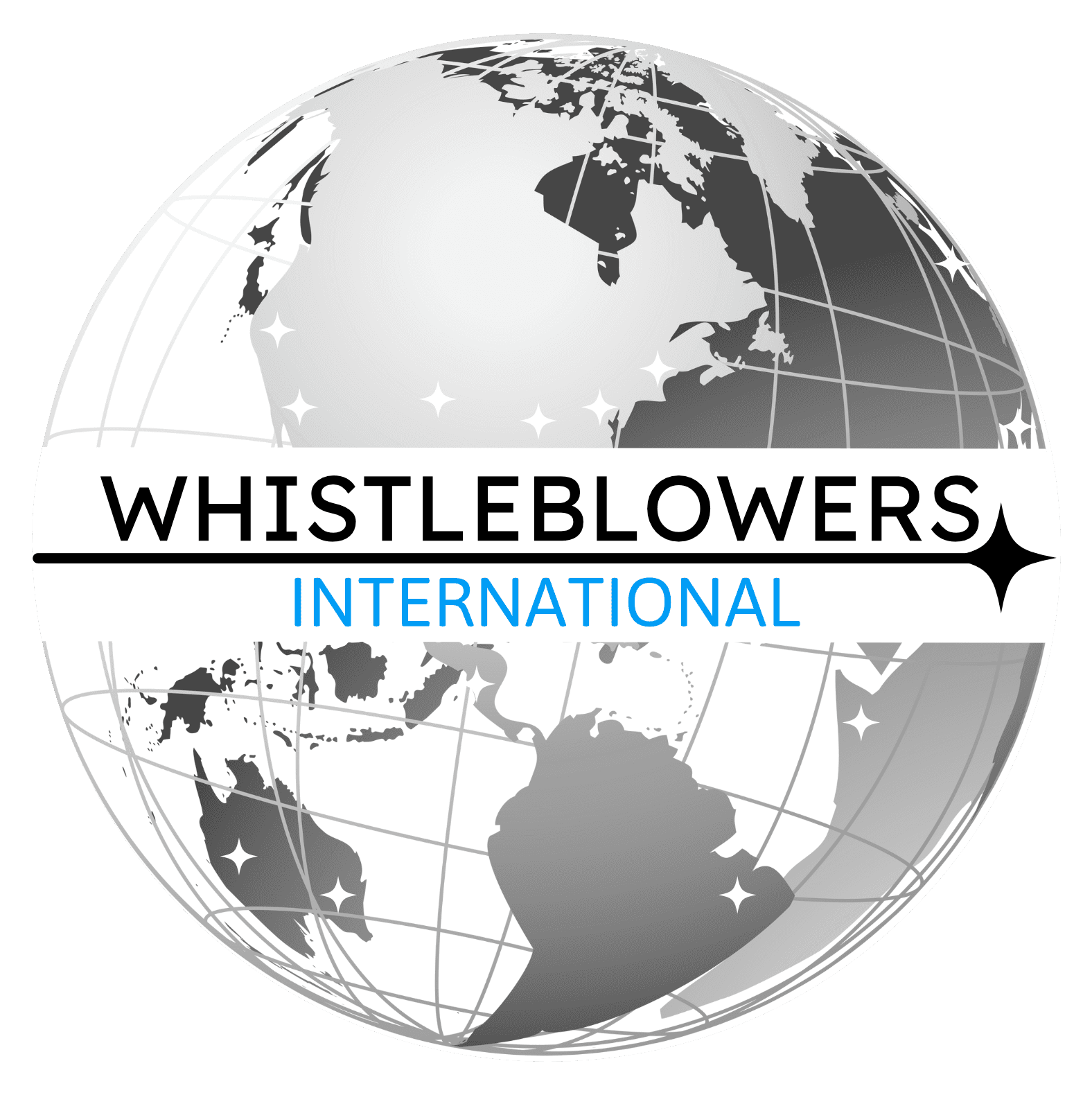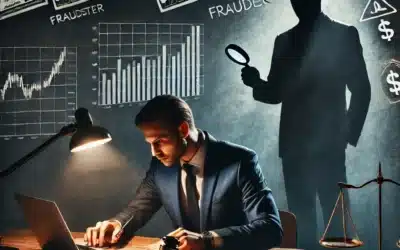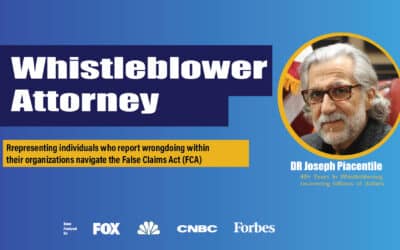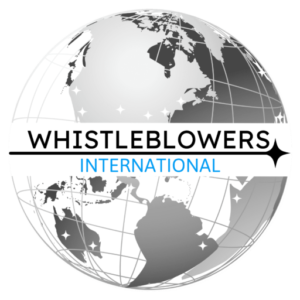CFTC WHISTLEBLOWER PROGRAM
THE CFTC WHISTLEBLOWER REWARDS PROGRAM
This page is about the most famous personalities in whistleblowing who fought their own personal battles against fraud and injustice in the last 50 years. Today our current team of whistleblowers advocates the value of truth and honesty in our country, but history was made by many other individuals who courageously put their careers and lives at stake to report corruption and malfeasance. They played their part in helping our nation thrive by helping the authorities get rid of the most malevolent schemes and thefts, and by inspiring all those who later decided to come forward.
Karen Silkwood, 1974.
Karen Silkwood became the first well-known nuclear plant whistleblower. Her time as a chemical technician at a Kerr-Mcgee nuclear plant led her to speak out about the unsafe work conditions in her workplace. She testified before the United States Atomic Energy Commission in 1974 about the health and safety issues of atomic power plant workers. The jury found that the company contaminated her person and her home with plutonium, and awarded her a substantial monetary reward. When her case was brought in front of the United States Supreme Court, Kerr-McGee granted Silkwood a $1.38 million out-of-court settlement to avoid admitting its responsibilities.
John Michael Gravitt, 1983.
While employed at GE, Gravitt, a machinist foreman, reported to his supervisors that the company was defrauding the Department of Defense by falsely billing the government for contract work on the B1 Lancer Bomber. GE fired Gravitt for his misgivings, leading him to file a qui tam suit under the False Claims Act (FCA) despite the law having been weakened after World War II. Gravitt ultimately testified before Congress about the state of the FCA which was too weak to adequately protect whistleblowers. This testimony influenced the 1986 amendments to the act, which renewed and strengthened the statute by prohibiting companies from retaliating against employees who reported fraud.
Jeffrey Wigand, 1996.
A former tobacco executive, Wigand claimed on “60 Minutes” that cigarettes companies were intentionally packaging products with addictive levels of nicotine. His story was adapted into the 1999 film The Insider. He kept exposing corporate wrongdoing and deceit despite the death threats he received. Thanks to his courage, in 1997 the tobacco industry decided to pay a $368 billion settlement.
Dr. Aubrey Blumsohn, 2006.
While a senior faculty member at Sheffield University, Dr. Blumsohn was part of a joint research project with Procter & Gamble about the company’s drug Actonel (risedronate). Dr. Blumsohn blew the whistle on data concealment and manipulation performed on behalf of the drugmaker when he learned that the company omitted key data from a statistical analysis they asked him to endorse. Blumsohn’s actions helped to ensure that P&G’s osteoporosis medication was well understood and safely used by the medical community in their practices.
John Kopchinski, 2009.
A former sales representative for Pfizer, a large pharmaceutical manufacturer, Kopchinski exposed the company’s widespread illegal marketing of its prescription painkiller Bextra (valdecoxib). The information led to a government investigation and a $2.3 billion settlement, the largest healthcare fraud settlement of the time.
Robert Rudolph, Joseph Faltaous, Steven Woodward, and Jaydeen Vincente, 2009.
Four Eli Lilly sales representatives filed qui tam lawsuits against the company for illegally off-label marketing the antidepressant drug Zyprexa (olanzapine) for uses not approved by the FDA, including the treatment of dementia in the elderly. The ensuing lawsuits saw the Big Pharma pay $1.4 billion in criminal penalties and civil settlements, setting a strong example for drugmakers that they must act responsibly and not flaunt the law to increase their bottom line.
Contact Us Today
The information submitted will be submitted to the law firm of Piacentile & Associates LLP d/b/a Whistleblowers International. This communication does not create an attorney-client relationship and is submitted only for the purpose of evaluating your claim to see if this is something we are able to help you with. By contacting us, you certify that you are a potential client making a bona fide inquiry about obtaining legal services to address a potential whistleblowing legal claim. Past results do not guarantee future outcomes. While this submission does not create an attorney-client relationship, all information submitted will be kept strictly confidential per legal ethics rules since this information is submitted in contemplation of a potential attorney-client relationship. No attorney-client relationship is formed until it is determined after evaluation with you that this is something we can take on and a retainer agreement is signed by you and the law firm of Piacentile & Associates LLP d/b/a Whistleblowers International. Please also understand that by submitting your information, there is no guarantee that we will contact you in response, as at any given time, there are only a limited number of claims we are able to take on and pursue. If we do not contact you within 3-business days of your submission, please reach out to another whistleblower law firm if you are interested in pursuing your matter.
Our Areas of Practice
Healthcare Fraud
Securities / Derivatives Fraud
Fraud Against the Government
Tax Fraud
Cryptocurrencies Fraud
Defense Contractor Fraud
Money Laundering
Foreign Corrupt Practices Act
DR. JOE’S CASES HAVE BEEN FEATURED IN:

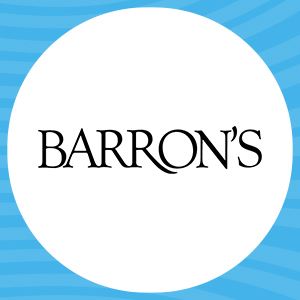



PROTECTIONS FOR WHISTLEBLOWERS
The idea of becoming a whistleblower can be scary, especially if you’re an insider who works for the company you want to report. Fear of retaliation is common in potential whistleblowers. Luckily, the CFTC has ways to protect good Samaritans who want to do the right thing.
ANONYMITY
The first line of protection is anonymity. If a whistleblower is represented by an attorney when submitting a TCR, their identity can remain a secret. If the whistleblower becomes eligible for an award, they must reveal their identity to the Commission. Even then, the CFTC does not disclose the identity of the whistleblower or what amount was awarded to them. However, this protection is not absolute.
EXCEPTIONS TO ANONYMITY
There are a few circumstances under which the CFTC might release the whistleblower’s identity to the defendant or third parties. It might happen if the whistleblower consents to have their identity revealed. It’s also possible that disclosure might be required in connection to a public proceeding with a different government entity. The Commission only discloses this information in situations where it is necessary to accomplish the purposes of the Commodities Exchange Act.
THE ANTI-RETALIATION CLAUSE
Even if the whistleblower’s identity is revealed, there is still a second line of protection: the anti-retaliation clause. Employers are prohibited from firing, demoting, harassing, suspending, or discriminating against a whistleblower who has reported a violation. Employers are not even allowed to restrict the communication a potential whistleblower has with the CFTC, including enforcing a confidentiality agreement or an arbitration clause in the employment contract.
The Dodd-Frank Act prohibits retaliation by employers against whistleblowers. Employers may not take any action to impede would-be whistleblowers from communicating directly with the Commission’s staff about possible violations of the Commodity Exchange Act (CEA), including by enforcing, or threatening to enforce, a confidentiality agreement or predispute arbitration agreement with respect to such communications. Nor may employers discharge, demote, suspend, threaten, harass, directly or indirectly, or in any other manner discriminate against a whistleblower in the terms and conditions of employment for coming forward with information about possible violations of the CEA. The CFTC and the whistleblower may separately bring actions against an employer for retaliation against the whistleblower.
If you are a whistleblower and believe that your employer has wrongfully retaliated against you, you may bring a private action in federal court against your employer within two years of the employer’s retaliatory act.
If you prevail, you may be entitled to reinstatement, back pay, litigation costs, expert witness fees, and attorney’s fees. The CFTC also has authority under the CEA to bring an enforcement action against your employer for any retaliatory acts, which include any steps taken to impede a whistleblower from communicating directly with the Commission’s staff about possible violations of the CEA.
CFTC WHISTLEBLOWER IDENTITY PROTECTION
The CFTC is committed to protecting whistleblowers’ identities. As a general rule, the CFTC treats information learned during the course of an investigation, including the identity of sources, as non-public and confidential. While there are limits on the Commission’s ability to shield your identity, it will not disclose information that could reasonably identify a whistleblower without consent of the whistleblower.
Whistleblowers who have been victims of retaliation have up to two years to bring a private action against their employers and may be entitled to reinstatement, back pay, and litigation costs. This can be done in federal court or through the CFTC itself.
If you believe someone you know or work for has violated the Commodity Exchange Act, or if you have non-public information about fraud involving derivatives or violations of the CFTC’s regulations, contact us at Whistleblowers International for a case evaluation or call (800) 275-0251.
CFTC WHISTLEBLOWER REWARDS
The CFTC pays monetary awards to eligible whistleblowers who voluntarily provide the CFTC with original information about violations of the Commodity Exchange Act (CEA) that leads the CFTC to bring a successful enforcement action resulting in monetary sanctions exceeding $1,000,000.
The total amount of an award for an eligible enforcement action is between 10% and 30% of the amount of monetary sanctions collected in the CFTC’s enforcement action or a Related Action. If multiple whistleblowers are granted awards in an action, the total award amount is still limited to between 10% and 30% of the amount of the monetary sanctions collected.
COMMITTED TO GLOBAL TRANSPARENCY
Unmasking Investment Fraud: A Private Investigator’s Guide to Navigating Financial Scams
As a private investigator specializing in investment fraud cases, I've seen countless victims fall prey to sophisticated schemes that exploit their trust and hard-earned money. Over the years, I’ve gathered insights on how to spot fraud, protect investments, and take...
Whistleblower Attorneys: Protecting Those Who Speak Out Against Fraud
At Whistleblowers International, we specialize in representing courageous individuals who report fraud, misconduct, or illegal Whistleblower Attorneys: Protecting Those Who Expose Fraud At Whistleblowers International, we are...
Financial Crimes Enforcement Network (FinCEN): An Overview
The Financial Crimes Enforcement Network (FinCEN) is a bureau within the U.S. Department of the Treasury that plays a critical role in safeguarding the financial system against illicit activities such as money laundering, terrorist financing, and other financial...
What is FinCEN?
The Financial Crimes Enforcement Network (FinCEN) is a bureau of the U.S. Department of the Treasury dedicated to combating financial crimes, such as money laundering, terrorist financing, and other illicit activities that exploit the financial system. Established in...
PCBs and Cancer: Understanding the Risks and Connections
Polychlorinated Biphenyls (PCBs) are chemical compounds that were widely used in industrial applications before their ban in the late 1970s due to health concerns. One of the most significant risks associated with PCB exposure is cancer. Numerous studies have explored...
Understanding the Current PCB Legal Landscape and Emerging Cases
Polychlorinated Biphenyls (PCBs) Polychlorinated Biphenyls (PCBs) have been the subject of numerous lawsuits for decades due to their widespread use and enduring impact on the environment and public health. Despite being banned in the late 1970s, PCBs continue to pose...
Understanding PCB Exposure: Common Questions and Answers
What is PCB Exposure? Q: What is PCB exposure? A: PCB (Polychlorinated Biphenyl) exposure refers to contact with these man-made chemicals, which were widely used in various industrial applications from the 1930s until their production was banned in many countries in...
Top U.S. Government Contractors and the Risks of Procurement Fraud
The U.S. government is one of the largest purchasers of goods and services globally, spending hundreds of billions annually on contracts with private companies. While these contracts provide significant business opportunities, they also come with risks, including the...
Understanding Government Contract Fraud: Can Contractors Be Criminally Charged?
Government contract fraud is a significant issue affecting both the federal government and the private sector. With billions of dollars allocated to government contracts annually, instances of fraud have emerged as a critical concern. This article explores whether...
Understanding Securities and Commodities Fraud: Insights from a Lawyer’s Perspective
Securities and commodities fraud can be complex and overwhelming to navigate, especially if you're facing legal challenges in these areas. This blog post aims to shed light on the essential aspects of securities and commodities fraud, answering key questions and...
The information on this website is for general information purposes only. Nothing on this site should be taken as legal advice for any individual case or situation.
We do not accept cases in all jurisdictions. No representation is made that the quality of the legal services to be performed is greater than the quality of legal services performed by other lawyers. Prior results do not guarantee a similar outcome. This information is not intended to create, and receipt or viewing does not constitute, an attorney-client relationship. While we will treat any information provided as privileged and confidential, you should understand that when you provide information about a potential case to us, we do not become your attorneys. We do not represent you until we have agreed to do so and a retainer has been signed by both of us. This information is not intended to create, and receipt or viewing does not constitute, an attorney-client relationship. This website may be considered attorney advertising in some states.
© 2024 All Rights Reserved.
